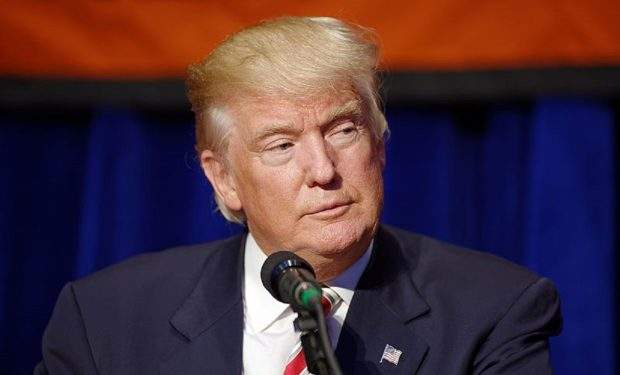In the DOJ’s election interference case against former President Donald Trump, the requirement by Judge Tanya Chutkan that Trump’s legal team must reveal whether it will be using a certain type of defense sounds peculiar to those whose legal education comes mainly from TV and movies.
On screens, the element of surprise — a dramatic staple — is almost always a part of any courtroom scene. So in real life, why must the defense tip its hand, revealing in broad strokes what it plans to argue?
Former U.S. Attorney Barbara McQuade gives a very succinct description of the reason that — in the real world unlike on TV — procedural matters compel the disclosure of certain future defenses. The reveal is necessary in this case because an “advice-of-counsel” defense changes the scope of discovery, the production of materials (for both sides) that are necessary in the case.
It also changes, as McQuade writes, the treatment and admissibility of certain evidence. An “advice-of-counsel” defense opens communications between the defendant and counsel to examination by the prosecution.
This is big and appropriate. If Trump plans to use advice of counsel defense at trial in election interference case, he waives attorney-client privilege and must turn over documents to prosecution. He can’t have it both ways. Good day for the rule of law. https://t.co/6DCrEN65gP
— Barb McQuade (@BarbMcQuade) November 8, 2023
As McQuade says: “If Trump plans to use advice of counsel defense at trial in election interference case, he waives attorney-client privilege and must turn over documents to prosecution.” Chutkan has required Trump to disclose whether he intends to use the advice-of-counsel defense by January 15.
Here is the filing:
